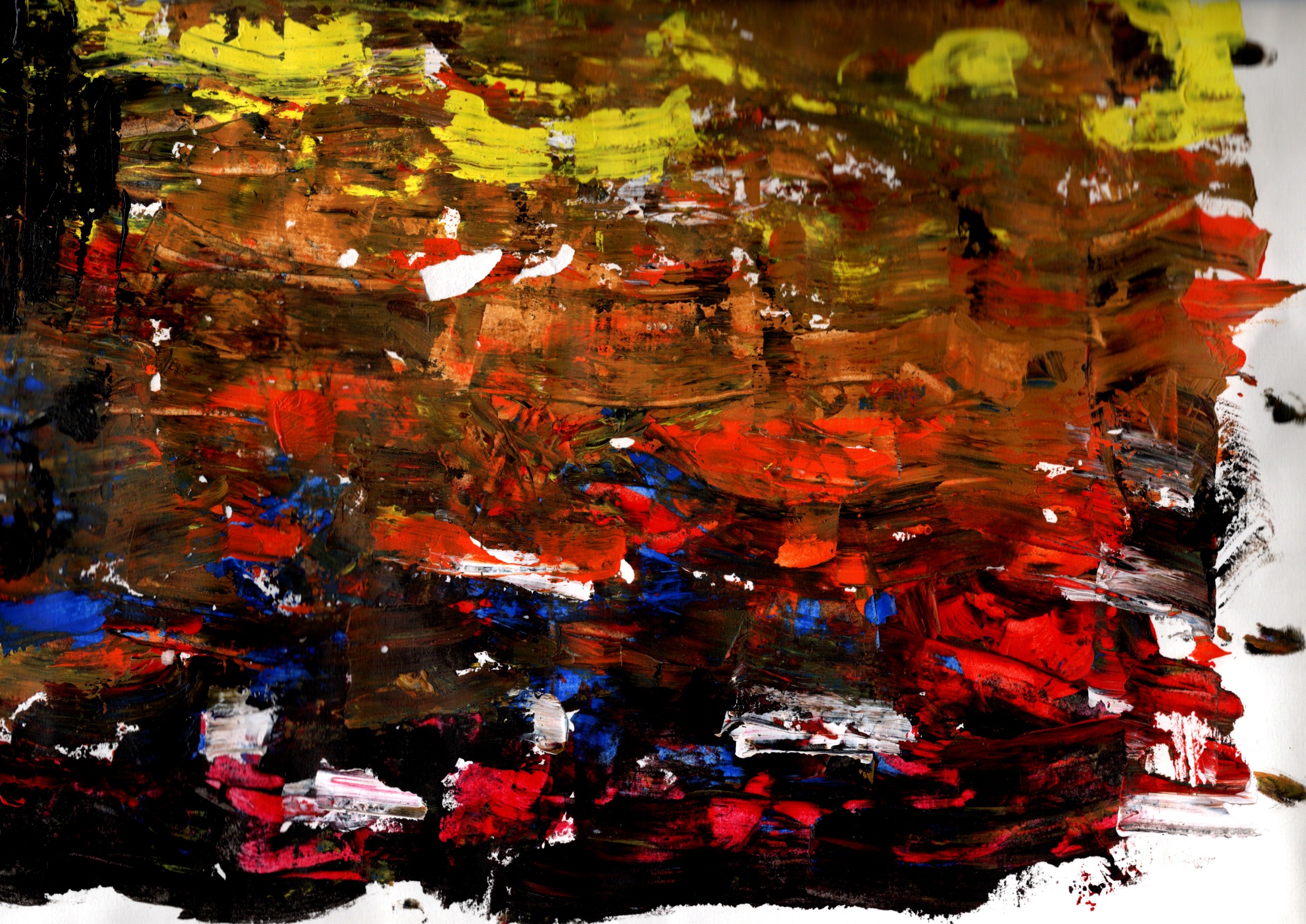Volume 10 Issue 8 August, 2019
The practice of psychiatry in India is widely influenced by the collective cultural psyche of its citizens. In numerable stories with robust moralistic conclusions have been handed down across generations, serving as guides for improvement of self and society. Eastern philosophy has recently gained wide recognition by the scientific community. Excellent psycho therapy models have been elucidated and therapeutic implications explored. One such model is briefly described here. The Bhagavad Gita describes the predicament of Arjuna, and the timely intervention by Krishna who can be viewed as the counsellor. Over come by anxiety, Arjuna questions whether the destruction, ravages and devastation of war are necessary. Reflecting on the consequences of battling his relatives, he is engulfed by a strong sense of guilt. He expresses his despair, saying “my limbs are failing and my mouth is parched. My body trembles, my hair stands on end. The bows lips away from my grip. My mind is rambling and I can not remain standing upright.” It has been hypothesized that these symptoms could correspond to that of an acute, transient situational adjustment disorder with anxiety.
The inaccurate and negative view of reality held by Arjuna correspond to the ‘cognitive distortions’ described in Beck’s cognitive model. Krishna then proceeds to curb Arjuna’s false beliefs regarding the world and the nature of his actions. Urging Arjuna to stop holding himself responsible for the destruction, Krishna introduces the concept of the soul, saying “he who knows the soul to be indestructible, unborn, unchanging and immutable; how can such a person slay anyone, O Arjuna or cause anyone to slay?”. In this way, Krishna addresses and resolves Arjuna’s conflicts, analogous to modern day cognitive behaviour therapy. Throughout his discourse, Krishna emphasizes the importance of action, encouraging Arjuna to perform his duties regardless of the results it brings. This is perhaps the most important concept in The Gita, a sob session with results (future telling) is a prime forerunner of cognitive distortions. Ultimately, Krishna’s intervention is successful, as confirmed by Arjuna’s final words before the battle “O Krishna, my delusion has vanished and with your grace I have regained good judgment. I stand here with all my doubts cleared and shall act according to Thy word. ”The western methods of psycho therapy may fall short of complete therapeutic success owing to the Indian socio-cultural background. To circumvent this problem, J. S. Neki proposed the Guru-Chela relationship concept in psychotherapy. The rapport between Krishna and Arjuna can be viewed as effective evidence of this concept of doctor-patient relationship. Given the appeal of the Bhagavad Gita, and its vastly secular content, a detailed and unbiased study on its potential therapeutic implications is warranted.
SANDEEP ANANDA, MBBS 9th term, Father Muller Medical College, Mangalore.



